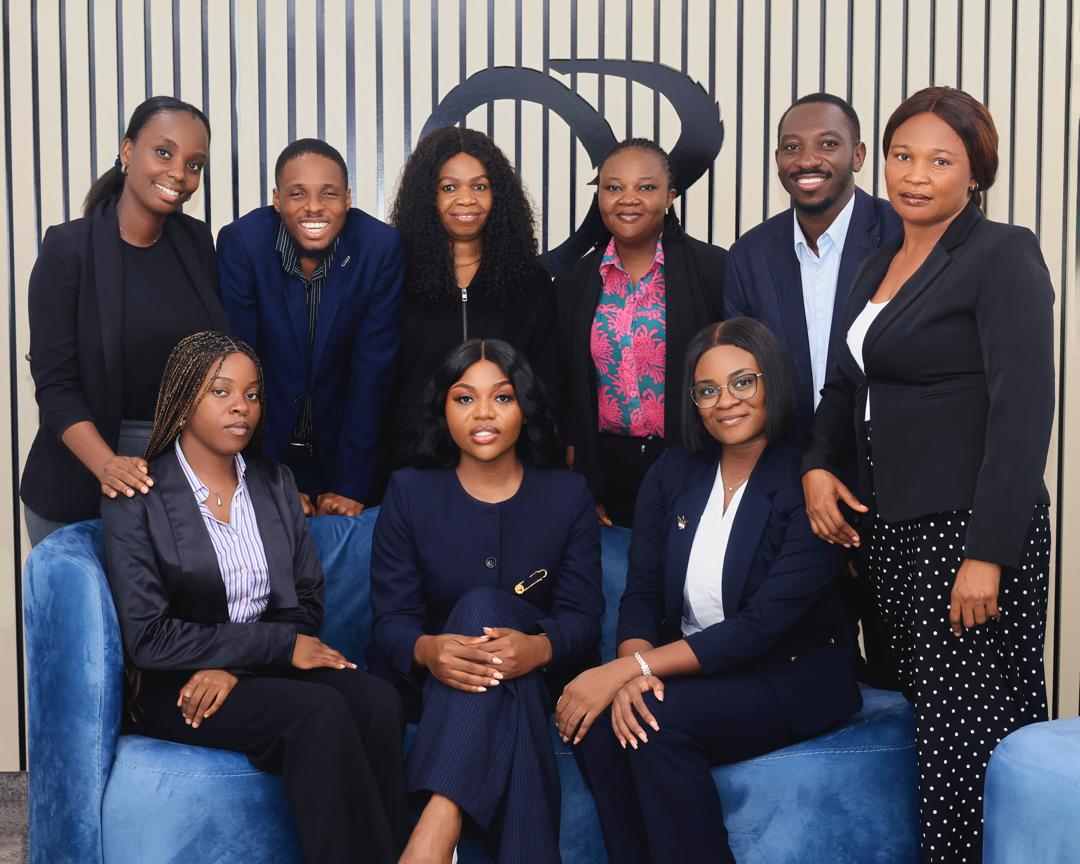We caught up with the brilliant and insightful Maria Okafor a few weeks ago and have shared our conversation below.
Hi Maria, thanks for joining us today. Was there a defining moment in your professional career? A moment that changed the trajectory of your career?
As a graduate with a degree in English Language, I was driven by a deep enthusiasm to make a meaningful impact in my professional career. A pivotal moment that redefined the trajectory of my career occurred when I moved to the United States to pursue my master’s degree. During this time, I took on a role as a caregiver for a family with a child on the autism spectrum disorder (ASD). This experience became a defining moment that not only shaped my professional path but also ignited a passion for advocacy and education in public health, particularly concerning autism.
In Nigeria, where I grew up, I had witnessed firsthand the challenges faced by my cousin, who was also on the autism spectrum. However, the level of awareness, resources, and informed care available in Nigeria at the time was limited, and this often led to suboptimal health outcomes for individuals with autism. In contrast, my work as a caregiver in the United States exposed me to a different approach, one grounded in evidence-based practices, informed care, and a supportive environment tailored to the child’s unique needs. Observing the transformative impact of this approach on the child’s development was eye-opening. It highlighted the profound difference that knowledge, resources, and compassionate care could make in improving the quality of life for individuals with autism and their families.
This experience was more than just a job; it was a transformative learning opportunity that reshaped my perspective and aspirations. I became deeply curious about autism and the broader field of public health, particularly how informed interventions could bridge gaps in care and outcomes. Motivated to learn more and contribute to addressing these disparities, I made the bold decision to pivot my career toward public health. This new path allowed me to combine my hands-on experience as a caregiver with formal academic training, equipping me with the tools to advocate for better health outcomes and raise awareness about autism, especially in underserved communities like those in Nigeria.
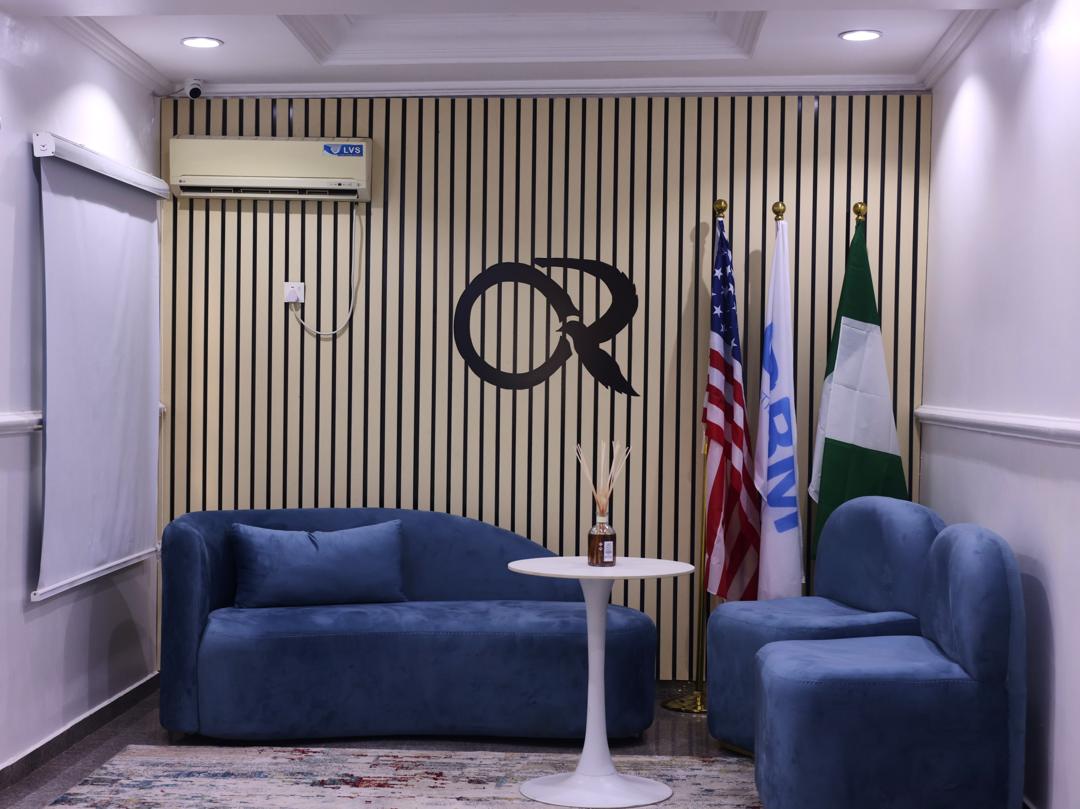

Maria, love having you share your insights with us. Before we ask you more questions, maybe you can take a moment to introduce yourself to our readers who might have missed our earlier conversations?
I’m the founder of RBM Autism Foundation, an organization born from both personal experience and a professional commitment to advocacy and support for individuals on the autism spectrum. My academic background is not primarily in developmental psychology and behavioral therapy, however, I’ve spent years working directly with families navigating the complex journey of autism, from diagnosis to everyday life.
At RBM, we provide tailored programs for children with autism that focus on early intervention, communication development, social skills training, and family support services. We also run awareness campaigns to combat the stigma often associated with autism in underserved communities. What sets us apart is our deeply personalized approach, we don’t believe in one-size-fits-all models. Each child is unique, and our programs are built to reflect that.
I’m most proud of the community we’ve built. We’ve watched families shift from fear to empowerment. For anyone learning about us for the first time: we’re here to walk alongside you, not just as a service provider, but as advocates and partners. Our goal is not just to offer support, but to be part of meaningful, lifelong transformations.
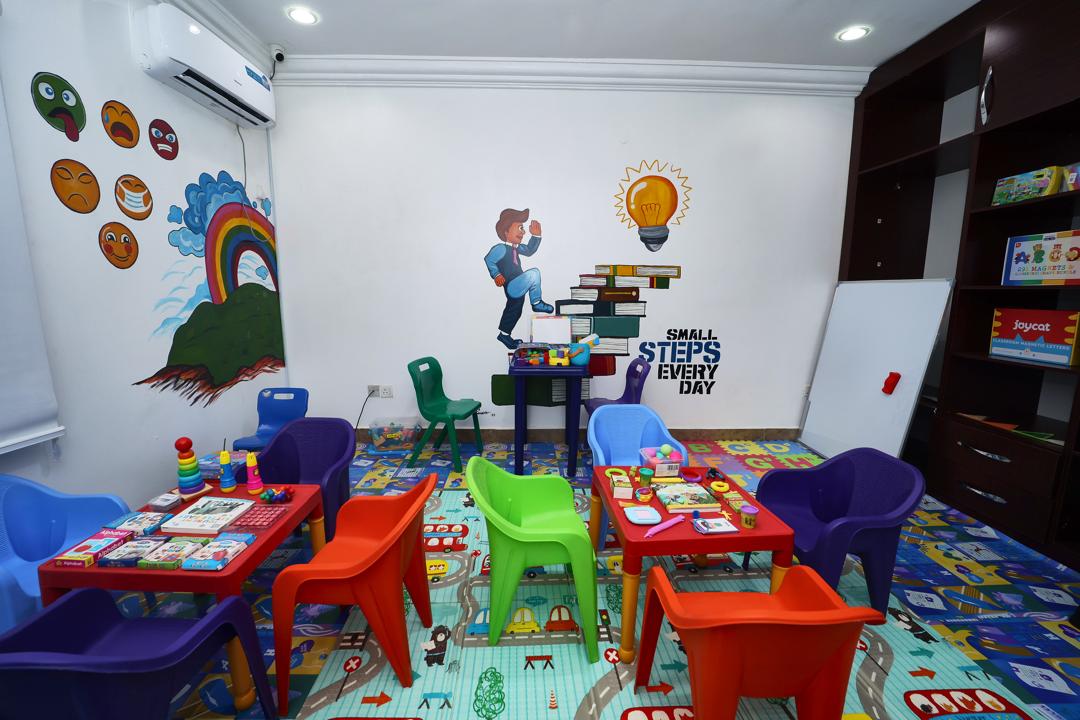
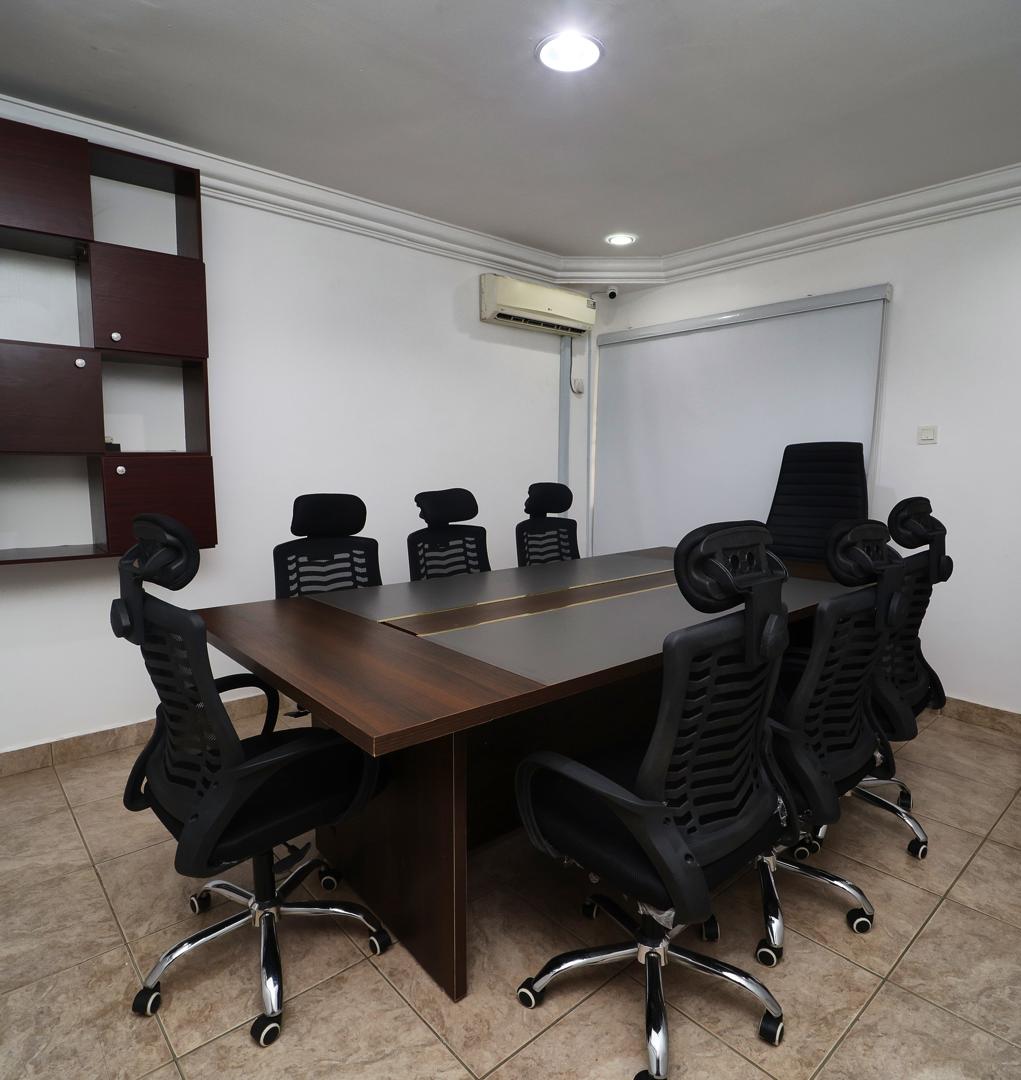
How did you put together the initial capital you needed to start?
RBM Autism Foundation has been self-funded since its establishment in 2021. In the early stages, I made the conscious decision to invest my personal savings into building something that I believed had the power to change lives. That meant sacrifices, delaying personal milestones, working multiple jobs, and constantly reinvesting any income we generated right back into the organization. It was a risk, but one that came from a place of purpose rather than profit.
Over time, we started receiving support from the community in other forms, volunteers, in-kind donations, and partnerships that helped us stretch every dollar/naira further. Being self-funded gave us the freedom to stay true to our mission, design our programs, and build organically without the pressure of external expectations.

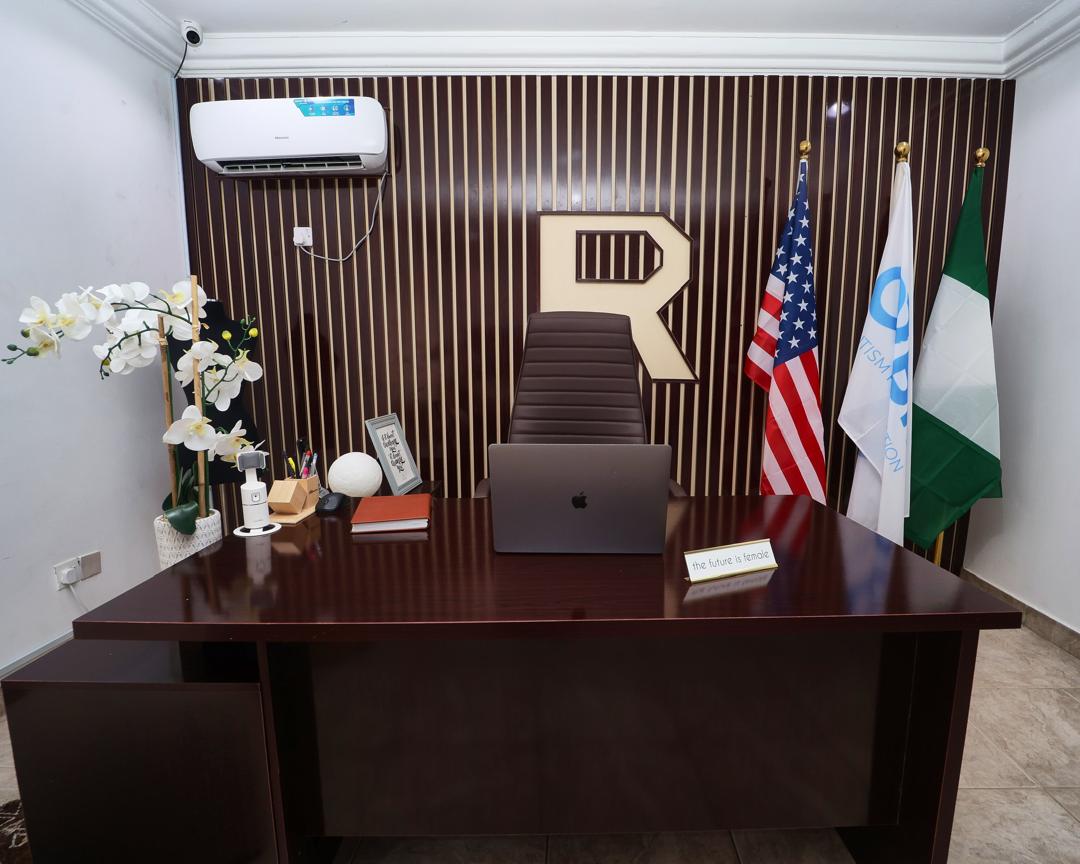
How do you keep your team’s morale high?
Leading a team in a purpose-driven organization means you’re often asking people to give their heart, not just their time. At RBM, we make it a priority to foster a culture of respect, empathy, and shared vision. People need to feel seen and valued, not just for their output, but for who they are. Regular check-ins, celebrating small wins, and encouraging open communication have been vital.
Morale often dips when people feel disconnected or overwhelmed. So I’ve learned to lead with transparency, involve the team in key decisions, and make sure everyone understands how their work connects to the bigger picture. When people feel that what they do matters, motivation follows naturally.
Contact Info:
- Website: https://riabymariafoundation.com/
- Instagram: rbm_foundation
- Facebook: Rbmfoundation
- Twitter: Rbmfoundation
- Youtube: RBM Autism Foundation

